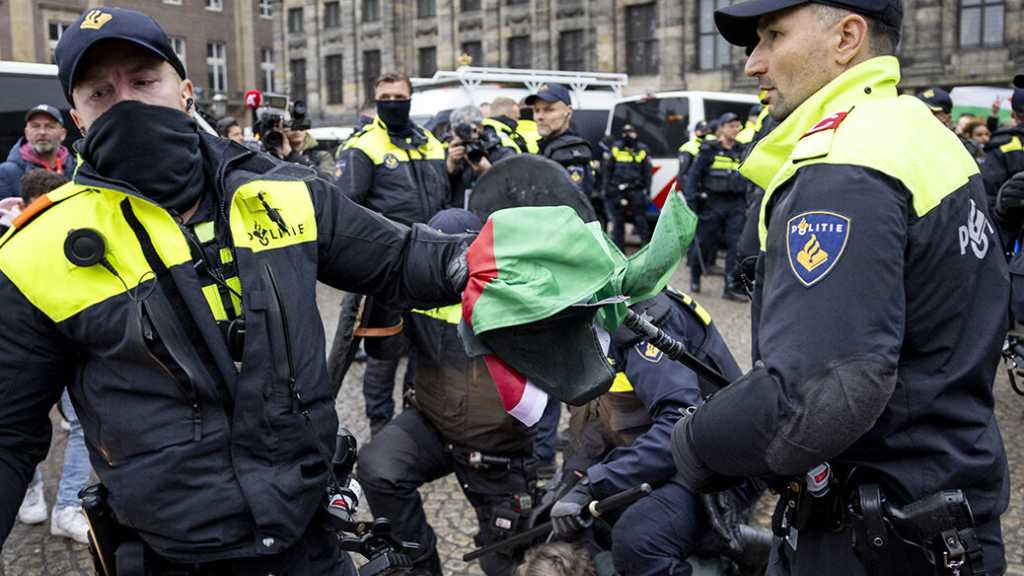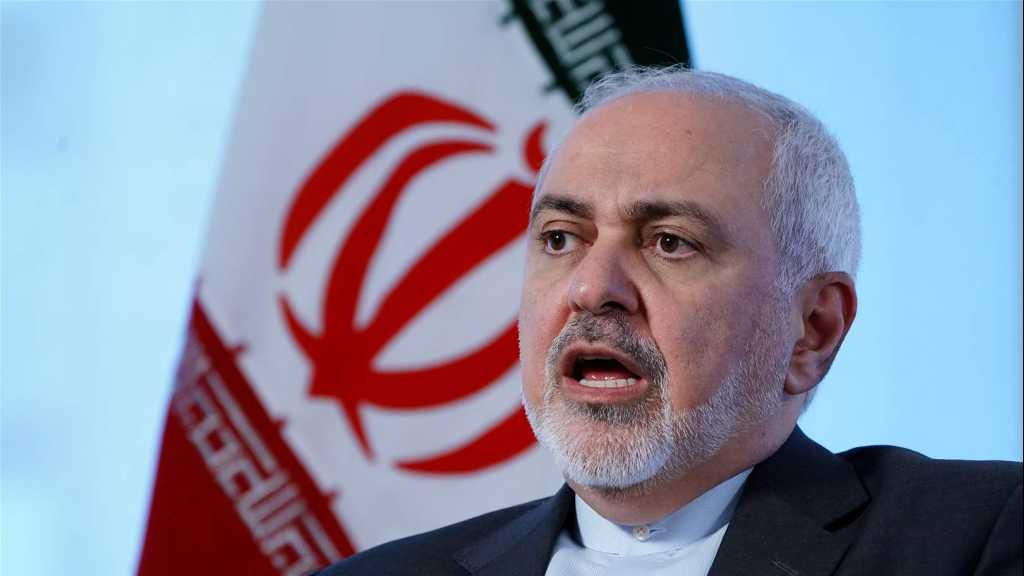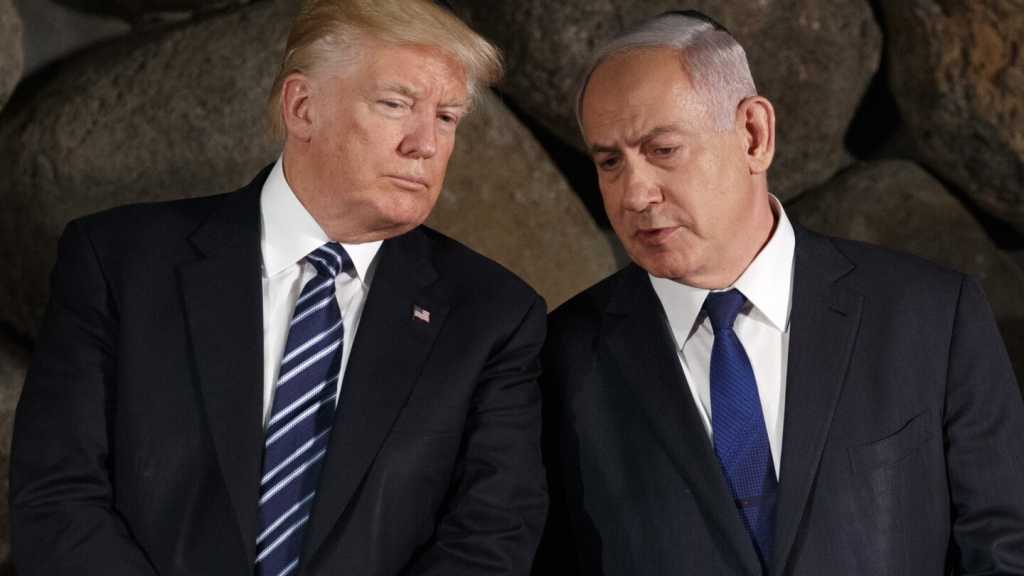Moqawama.org Yearly Review: All About the US-“Israeli” Scheme on Lebanon

STL in 2010
The year 2010 was a year of anticipation and growing tension in Lebanon. Lebanon has had times of ultimate decision making, yet the New Year will initiate a new phase of wait and see as a seemingly controversial US-sponsored International Tribunal seeks to release a court indictment.
The major threat usually came from the southern border. This past year, "Israeli" rhetoric seemed to heighten as "Israeli" officials threatened time and again that "Israel" would target all of Lebanon including governmental institutions in any future war.
Yet the most significant news that was to reverberate all around the year was the anticipation of an indictment by the Special Tribunal for Lebanon. However, the line between "Israeli" threats and the International Tribunal was to grow thinner as time passed:
"Israeli" espionage activity in Lebanon:
Discoveries made by the Lebanese national army's intelligence units in cooperation with the Resistance dealt a strategic blow to "Israeli" activity. In July two prominent mobile phone network technicians had confessed to having been instructed by the "Israelis" to install technical equipment across the country's mobile stations which helped provide "Israel" with critical telecoms data from across the country.
After these arrests Head of Hizbullah Sayyed Hassan Nasrallah said the network of these "Israeli" spies indicates the vulnerability of Lebanon's' telecommunications infrastructure. "It has become clear without a shadow of a doubt that "Israel" completely controls all telecommunication networks in Lebanon, and we warn that the country is exposed to the enemy" Sayyed Nasrallah said.
It was at this point that Sayyed Nasrallah declared that the latest arrests were of utmost importance even regarding the assassination of former Lebanese premier Rafiq Hariri. He explained:" The "Israeli" spies are linked to Lebanon's telecommunications and therefore, to the Special Tribunal for Lebanon which some sides said would indict some of our members, but it is clear now that the telecommunications networks were infiltrated by spies who can change and manipulate data".
The "Israeli" aspect was put even more in the spotlight when Sayyed Nasrallah held his most prominent press conference in August. Sayyed Hassan Nasrallah unveiled footage intercepted by the resistance from "Israeli" surveillance planes of the site of the 2005 murder of Rafiq Hariri prior to his assassination. Several clips, each minutes long, show aerial views of the coastline off West Beirut on various time lines prior to the Hariri assassination. He also provided "Israeli" air activity on the day of the assassination. Sayyed Nasrallah described the Hariri assassination as part of efforts to change the politics of the Middle East and tarnish Hizbullah's image among the general public. Another significant link that Sayyed Nasrallah provided was the alleged involvement of "Israeli" spies.
He said a spy by the name of Ahmad Nasrallah, who has fled the country, had tried to provide false evidence that Hizbullah had plans to assassinate Rafiq Hariri in the 90s. Nasrallah said that the images are not conclusive proof, yet provided a significant file that would shift attention to the most potential suspect "Israel." Nasrallah made his case clear explaining that "Israel" had the motives and capabilities.
After this press conference, a survey conducted by Lebanese consulting center "Information International" published in the daily Assafir declared that 60% of the sample of respondents considered that the Special Tribunal for Lebanon is politicized, and another 55% considered Sayyed Nasrallah's documents convincing.
Furthermore, the Lebanese Army declared that it spotted and dismantled two long-range spying devices with telecoms capabilities crediting the Resistance with providing information that enabled the discoveries. Experts in the field of communication told moqawama.org that "The devices are not only spying equipment with optical laser photography characteristics and military features for interception and localization, but are communication stations on their own."
False witnesses:
The debate over the assassination of former Lebanese premier Rafiq Hariri in Lebanon reached boiling point after Former General Security chief Major General Jamil al-Sayyed accused the son of Rafiq Hariri and current Lebanese premier Saad Hariri along with Lebanon's' general prosecutor of backing the false witnesses to the International Tribunal. This new stage would create a rift in Lebanon's coalition cabinet.
Sayyed Nasrallah also called on the prosecutor of the Special Tribunal probing the murder of ex-premier Rafiq Hariri to expose any false witnesses, arguing that the people of Lebanon should know who has misled the investigation. March 14th members took on the task of advocating what they saw as authentic judicial work from the US-sponsored Tribunal.
The most important demand from the opposition now was to investigate the files of individuals who had previously given false testimonies in the Hariri case and caused the arrest of four Lebanese generals who were detained for some four years without charge including General Jamil Sayyed. The opposition said it believed such mistakes can once again cause for another unlawful accusation and demanded a vote on transforming these files to the higher judicial council in Lebanon threatening to boycott cabinet meetings.
Despite the fact that Hariri also acknowledged that in the past, false witnesses had misled the investigation into the assassination of his father, and that mistakes that happened on his part with Syria harmed the Syrian people and the relationship between the two countries, the March 14 still refused to put the issue of false witnesses for vote.
Western support for the Tribunal and Media leaks:
The US and other foreign states such as France and Germany have been voicing their ultimate support for the Tribunal declaring additional funding for its work. However, just before these claims reached the surface media leaks had published reports saying that the US-backed Tribunal would reportedly indict members of Hizbullah.
Some examples, other than the German magazine Der Speigel are the French newspaper Le Figaro, and the Canadian Broadcasting Corporation which very bluntly put the details of what it says are authentic documents from the court stating the following:"Evidence gathered by Lebanese police and, much later, the UN, points overwhelmingly to the fact that the assassins were from Hizbullah, the militant Party of God that is largely sponsored by Syria and Iran.
CBC News has obtained cellphone and other telecommunications evidence that is at the core of the case." The U.S. Ambassador to Lebanon Maura Connelly also stressed her country's support for the tribunal which she said should "be allowed to continue functioning without interference."
The opposition responded tactically with repeated press conferences in which it demonstrated what it considers are mishaps by the court including the fact that it is politicized and under the direct influence of western powers namely the US.
Head of Hizbullah's parliamentary bloc Mohammad Raad held a press conference under the theme of the politicization of the special tribunal for Lebanon and how it contradicts justice norms focusing on the legal aspects of the tribunal. He also elaborated on the leaks in the media concerning the reports of possible indictment of some Hizbullah members by the tribunal, saying the leaks raise serious doubts about the confidentiality of the investigation. MP Raad also criticized the tribunal for giving what he called immunity to false witnesses and for completely relying on telecom data in gathering evidence.
The Telecoms factor:
These previous claims of evidence were highly questionable now since Lebanon's entire telecoms infrastructure was under scrutiny. Telecommunications Minister Charbel Nahhas also said "Israel" is one of the most advanced when it comes to telecommunications protection field and that the mechanisms to protect the modern capabilities of the sector can easily be used to infiltrate it all of Lebanon's Telecoms network.
Hizbullah MP and head of the Telecoms and Media parliamentary committee Hassan Fadlallah said that the parliament had obtained photos, maps and documents that showed the location of "Israeli" wiretapping and spying posts.
The biggest shock was Lebanese Army declaration when it spotted and dismantled two long-range spying devices with telecoms capabilities. Now, there was no doubt that Israel was able to autonomously forge communication activity in the country.
Vice- Chairman of the board of South Asia & Middle East North Africa Telecom Council (SAMENA), Riad Bahsoun considered any so-called evidence of telecommunications record would not be followed up by the pre-trial judge in The Hague even if the Prosecutor General Mr. Bellemar uses it, because it is judicially unfeasible.
Saudi-Syrian rapprochement:
Meanwhile, the nature of Lebanon's position on the map has always put it under the influence of more heavy weight Arab and Muslim states. This time hope grew of a possible Saudi-Syrian initiative that would create a compromise. The leaders of these two states King Abdullah and Bashar Assad, in addition to Iranian president Ahmadinejad, Turkish Prime Minister Erdogan and Qatar prince Hamad Al-Thani were all guests of Lebanon on this year; all voicing the need for unity and calm among the various factions.
For now cabinet discussions have been put off, and so has the Saudi-Syrian initiative. However, the ambassadors of these two countries including Iran's have reflected that the next year will be that of settlement. Leaders of the opposition including Sayyed Nasrallah have stressed the importance of giving the good-willed ideas of King Abdullah and President Assad a chance to relieve Lebanon of more division and a possible strife.
Comments
person Michael Maloof
Publishing "Israeli" deception evidence
"Israel" indeed has the technical capability to implement elaborate, deceptive telecommunications techniques in general, and apparently has applied that expertise to Lebanon's telecommunications system. This capability also includes the ability to manipulate the system without detection. For that reason, the publication of any evidence, or even statements from those involved, will be very important to question seriously any result of the STL investigation that may point to the Resistance.



